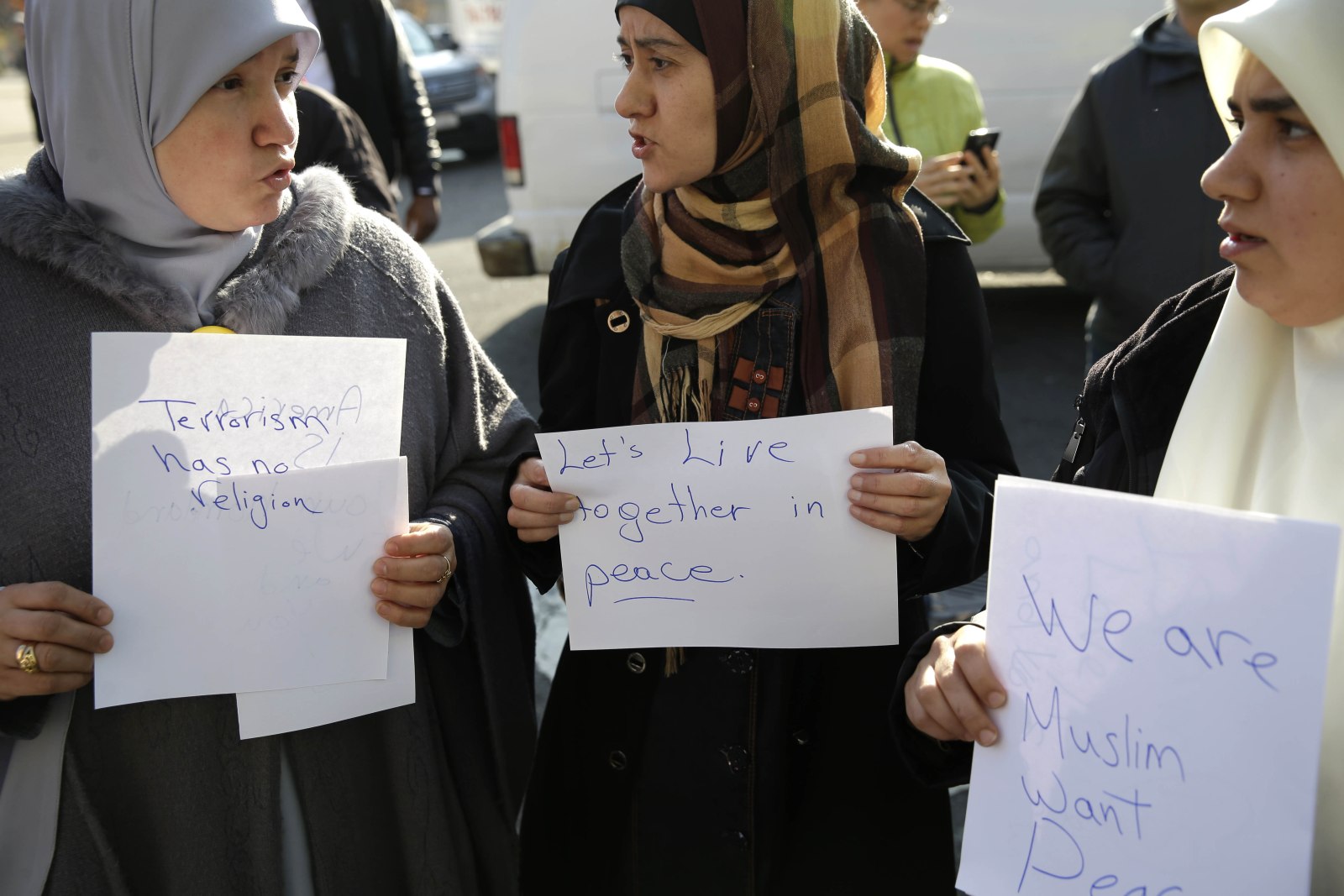
RNA - Donald Trump curiously avoided his signature Muslim-bashing in the first US presidential debate. Even when moderator Lester Holt asked the Republican presidential candidate how he would “prevent homegrown attacks by American citizens,” Trump said nary a word about immigrants, walls, or Syrian refugees. Instead he attacked Hillary Clinton’s record on ISIS.
But the rare moment of restraint, perhaps a sign of rhetorical defeat, hasn’t stopped the vitriol of his anti-Muslim campaigning from echoing across the country. Hate crimes against Muslims have been on the rise throughout the campaign cycle. According to new data from the Center for the Study of Hate and Extremism at California State University in San Bernardino, they grew by 78% in 2015, to their highest level since immediately after 9/11.
The violence includes arson at mosques, assaults, shootings and other threats—to say nothing of the spike in non-violent harassment and bullying in schools and public spaces.
The report analyzed official hate crime data across 20 US states, noting that there were about 260 anti-Muslims hate crimes in 2015. That’s the highest number since 2001, the year there were a record 481 anti-Muslim hate incidents, mostly concentrated in the months following the 9/11 attacks.
Researchers also looked specifically at whether heated political rhetoric correlated with hate crimes. Following the San Bernardino attacks last December, but before Trump first tweeted about banning Muslims from the country (on Dec. 7), there were eight anti-Muslim hate crimes in the US. But during the four days after Dec. 7, the day Trump proposed banning Muslims, there were 15 reported incidents of anti-Muslim violence.
“There’s very compelling evidence that political rhetoric may well play a role in directing behavior in the aftermath of a terrorist attack,” said Brian Levin, director of the Center for the Study of Hate and Extremism. “I don’t think we can dismiss contentions that rhetoric is one of the significant variables that can contribute to hate crimes.”
847/940